Nightshade Vegetables: Friend or Foe in Fight against Cancer?
Nightshade vegetables are in the doghouse yet again. Every now and then, the internet makes us gasp in shock and horror with claims that nightshade vegetables cause inflammation and cancer. But how can it be true? Aren’t these vegetables and fruits nutritious? And don’t they help fight cancer? Well, as you will soon discover, the answer can be very complex. Let’s discuss what exactly nightshade vegetables are and what role they play in cancer. Then you will be able to make your choice to eat them or not.
What Are Nightshade Vegetables?
Nightshade vegetables come from the Solanum family of plants that contain the alkaloid chemical compound solanine. There are over 2000 different plants in this family, most of which are not eaten. Solanine is produced by these plants in defense against fungus and parasites and is toxic. In people, luckily, it is poorly absorbed so it takes higher concentrations to produce any illness.
The nightshade plants that are commonly eaten include tomatoes, eggplants, potatoes, bell peppers, hot peppers and goji berries. Some spices and herbs are derived from plants in this group, such as curry, chili, cayenne, paprika, chipotle and garam marsala.
Also included in the Solanum family are plants such as tobacco, jimsonweed, and belladonna, which are highly toxic. There are also other garden plants, such as petunias, in this group.
How Did These Plants Get The Name “Nightshade”?
It would seem opposite to call them nightshades, since the Latin root of the family name is solis or sun. No one really knows how they became known as nightshades. It might relate to some nightshade plants that flower at night or possibly that some prefer to grow in shaded areas. But this is not true of all the nightshade plants.
Is There a Link Between Nightshades and Cancer?
Solanine is an alkaloid that may be harmful to those with autoimmune or inflammatory disease. It is toxic in large amounts. However, no conclusive evidence has been found linking it to cancer.
One exception is that the compounds found in tobacco have been linked to cancer. Smokeless chewing tobacco does cause both oral and throat cancers. It has also been linked to pancreatic cancer. But tobacco has many other nasty compounds, such as tobacco-specific nitrosamines, that are thought to be the culprit.
But then there is the other side of the coin. Some research suggests that solanine may actually help kill many types of cancer cells. This alkaloid may also help reduce the growth and spread of tumors. But these studies have been done in cell culture and in animals. Experts don’t yet know if this will hold true in people.
There are other nutrients found in these plants, other than solanine, that have many other health benefits. Some of these benefits include reducing inflammation, supporting the immune system, and protecting us from cancers.
So, as you can see, this is a very complex topic. And scientists don’t have all the answers yet.
Should I Avoid Nightshade Vegetables in My Diet?
The idea that nightshades cause inflammation is contested among medical professionals who study the subject.
Yes, solanine is toxic at the right concentration. It has been shown to increase the risk for congenital malformations in animals and is rumored to induce inflammation in people. But, to date, this just hasn’t been proven.
This alkaloid compound is mostly found in the stems, leaves and skins of the plants. The parts we eat have much less, even trace amounts, of the toxic compounds.
The exception being green or sprouted potatoes. So, it is best not to eat old potatoes or those that have not been stored properly, as they may contain higher amounts of solanine in the parts typically eaten. If you are still worried, you can lower your risk further by peeling your potatoes.
The other edible plants usually have higher concentrations of solanine in the stems and leaves, not the parts we eat. So, worrying about this toxic alkaloid seems pointless, unless you like to eat the bitter leaves and stems, which I would not advise.
What Are The Side Effects Of Nightshades?
So, how do you know if you have eaten a big or toxic dose of solanine? Your first clue is the bitter taste of the food. If you can get passed the taste, and keep eating, next you may feel bloated, nauseated, or develop a headache. You may also have achy muscles and joints, diarrhea, vomiting, or fever.
Some people are allergic to nightshades. They may have signs of sneezing, coughing, trouble breathing, and develop hives or a rash. If you think you are allergic to nightshade fruits or vegetables, talk to your doctor or dietician and don’t eat them. There are plenty of other healthy fruits and vegetables to enjoy.
There are some that believe we gradually become sensitized to these foods in our diet. So, you may develop an intolerance to eating them, for example. This theory claims that, with low dose exposures over time, the lectins in nightshades lead to leaky-gut syndrome and inflammatory diseases, such as arthritis and irritable bowel syndrome.
But, again, these claims are not supported by most of the scientific evidence. And lectins are found in other foods such as legumes and whole grains, which are healthy to eat. But, if you follow the Paleo diet, then you likely don’t eat any of these foods, as proponents of this diet recommend not eating high-lectin foods.
Experts suggest that it is more likely that the lectins and solanine aggravate an already inflamed condition and make it worse.
Are there Healthy Benefits of Eating Nightshade Vegetables?
So, are there any potential cancer preventative factors? The answer is a resounding YES! Let’s look at the health benefits of the main edible nightshades.

Potatoes
Potatoes are a good source of potassium, vitamin C, vitamin A, dietary fiber, and folic acid. They are high in vitamin C, potassium, and other nutrients. In addition, they are high in resistant starch, which is a type of fiber that can help the body to absorb vitamins and nutrients from other foods.
It is important to clarify that sweet potatoes are not nightshades. They belong to the yam family.

Tomatoes
Tomatoes are high in vitamin C and potassium. They also provide fiber and many other nutrients. Tomatoes contain lycopene, carotenoids and a wide variety of other beneficial compounds, which are antioxidants demonstrating both anti-inflammatory and anti-cancer properties.

Eggplant
Eggplants are a good source of potassium and fiber. Eggplants are rich in antioxidants, such as vitamin A and C, which are known to reduce the risk of cancer. These purple fruits are also very high in lycopene and anthocyanins which help prevent and combat many cancers, including colorectal, ovarian, prostate, and skin cancer.

Hot Peppers
In addition to the many nutrients they provide, hot peppers contain capsaicin. This alkaloid has been shown to be a powerful antioxidant in the fight against cancer. It is also anti-inflammatory and antibacterial.
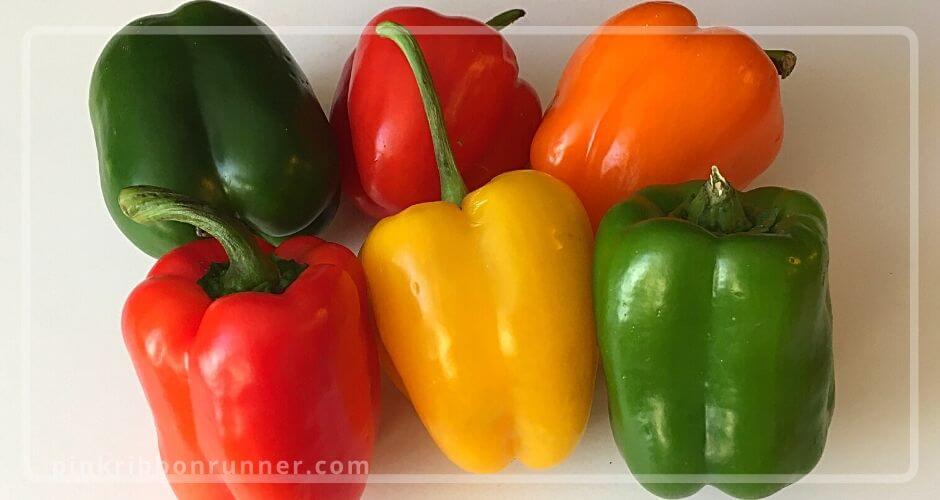
Bell Peppers
Bell peppers contain several phytonutrients with demonstrated anti-cancer properties, such as lycopene and quercetin. Although bell peppers do not contain capsaicin, they do possess a similar anticancer capsaicinoid compound

Goji Berries
Goji Berries contain several natural antioxidant pigments, which have been shown to have anti-cancer properties. These compounds can slow tumor growth, reduce inflammation, boost energy, and help detoxify the body.
So, there is some very compelling evidence to keep these nutrient and antioxidant rich vegetables and fruits in your diet.
How Do I Know If I Need To Avoid Nightshade Vegetables?
But, just because they have antioxidant compounds that are anti-inflammatory and anticancer, doesn’t mean that everyone should eat them. Some people do have issues with these foods, although it is not as common as you might think.
Nightshades may increase inflammation that is already present, rather than cause it directly. It may be prudent to avoid them if you have a history of auto-immune diseases, arthritis, irritable bowel syndrome, or if you think you are more sensitive to these foods.
Also, keep in mind that the toxic effects of these foods are related to the amount eaten. If you eat too many of these foods in a short time, you may feel bloated and ill. And some nutritionists think that repeated exposure to solanine may build to elicit an inflammatory response. So, eating these foods in moderation is key.
The bottom line is that you need to ask your doctor or dietician if it is safe for you to eat them, given your personal state of health.
So, Are Nightshades Friend or Foe in the Fight against Cancer?
So, for most of us, nightshades are our friends in the fight against cancer. You don’t need to avoid nightshades if you are healthy or even if you have cancer. In fact, they may be healthy choices for you because nightshades have many phytonutrients with anticancer properties. They are safe for most people to eat in moderation.
But nightshades may be your foe if you have an autoimmune or inflammatory disease already. And certainly, don’t eat them if you have been told you should abstain by your physician or cancer care team.
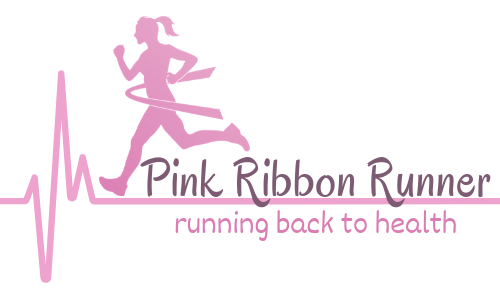




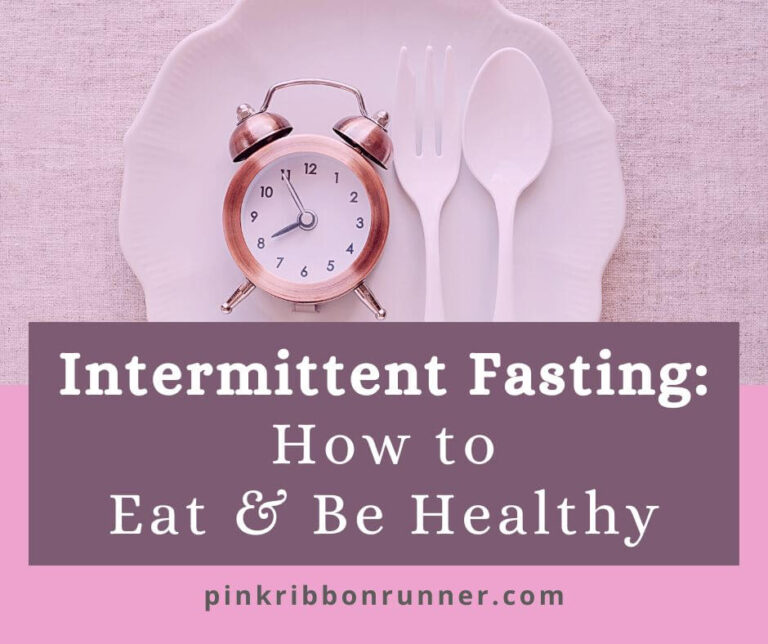
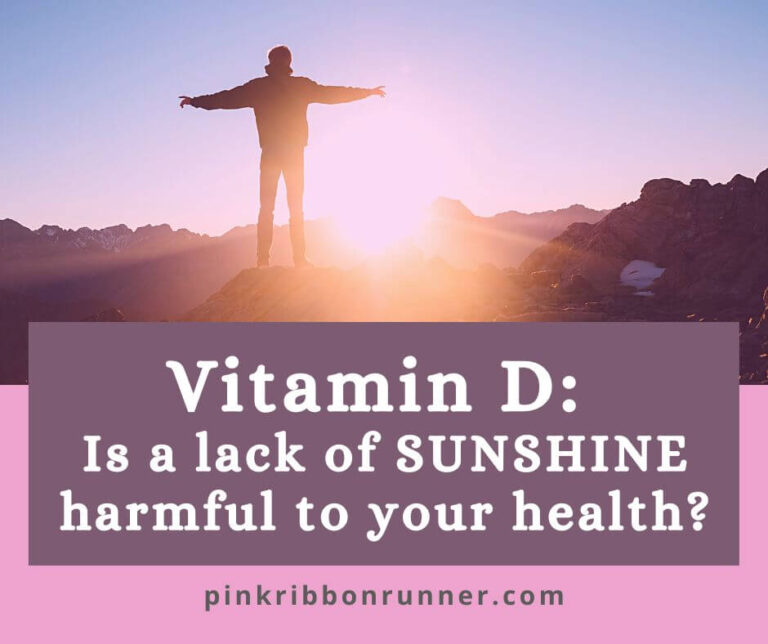
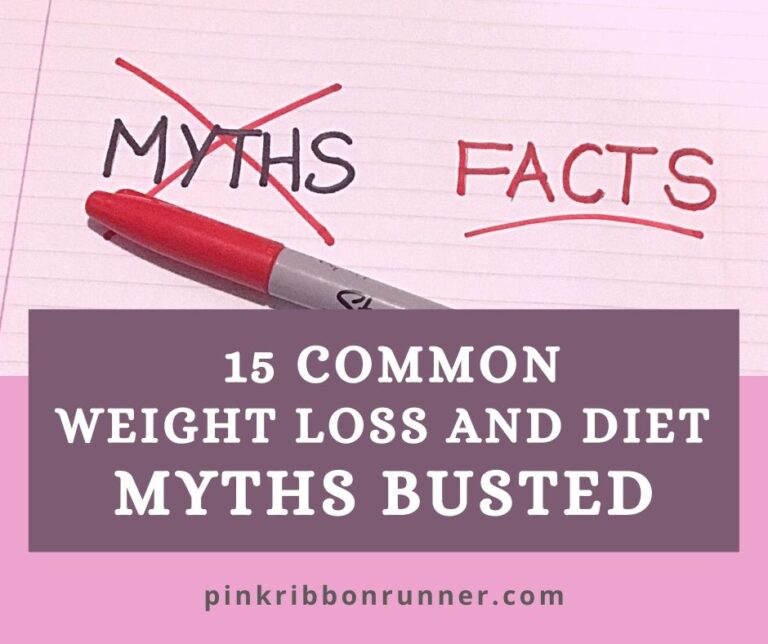
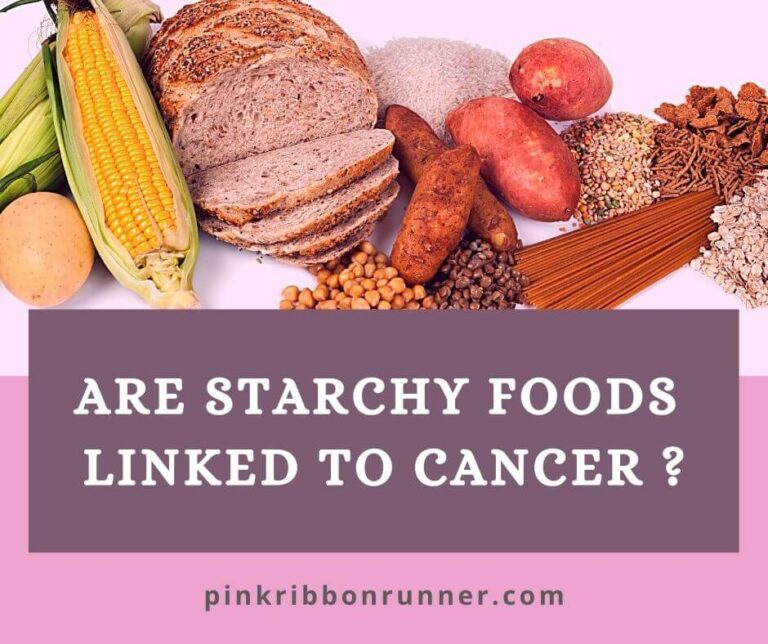
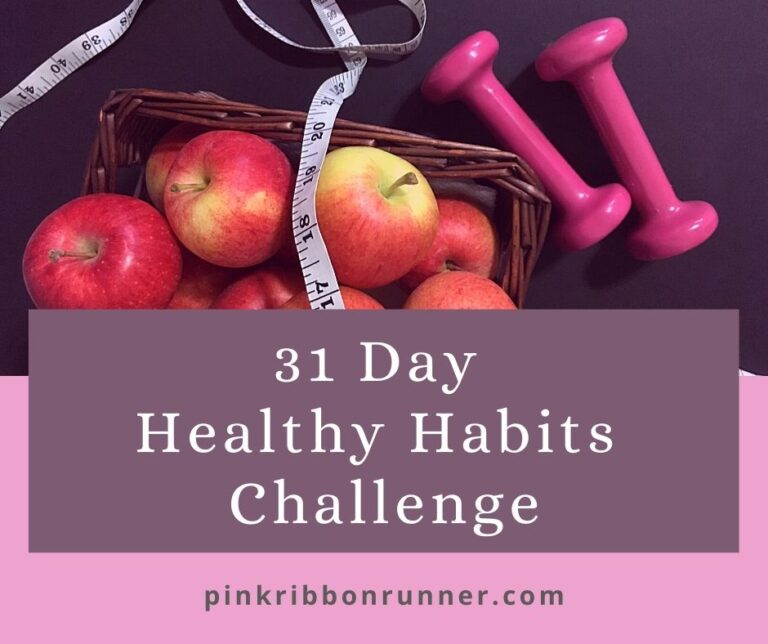
This is an excellent post filled with very informative details regarding night shades. Thank you for describing and including what’s inflammatory.
Thanks for sharing! I am not sure though is this completely true or not. But there is something definitely. Potatoes are very toxic when you eat them uncooked or if they take green color, for example. Chilli peppers are very healthy in small amounts. And tomato is much richer with nutrients if you cook him for a while.
Yes, you are right and that is what the article explained.
Great article! Thank you for sharing! I know (thanks to my husband) that Tom Brady avoids a lot of these vegetables because they cause inflammation. And we know he’s borderline superhuman. Just interesting!
Love this! It was a very interesting read. I love my eggplant so I was super worried for a second. It just goes to show that any thing in excess can be harmful.
Learned something new today. Thanks!
Oooo yessss! I’ve been battling with the “to eat nightshades, or not?” question. Thank you!
I am so glad you wrote about these vegetables. There are so many wannabes on Tiktok and other social media platforms who push these false health claims about nightshade vegetables. As you nicely said, the health benefits of these vegetables far outweighs the small amounts of toxic chemicals found in them. Again, another informative blog.
This is fantastic information & so well explained, I love my nightshade plants… well the ones that are beneficial.
Interesting read! Can’t do without my tomatoes and peppers, though. 😉
Great information! Thanks for sharing!
This was very interesting info. Thanks so much for sharing!
My aunty who is having cancer is absolutely healthy and she loves nightshade vegetables. She was afraid if eating them was right for her. But now I am gonna make her know that it’s absolutely okay!
I am sorry to hear about your aunty. I wish her all the best. I am glad you found this information to help her.
Thank you for this great and informative article. I didn’t know which veggies are called nightshades. I love blog articles that make me learn new things.
I am glad you found it helpful. I love learning new things too.